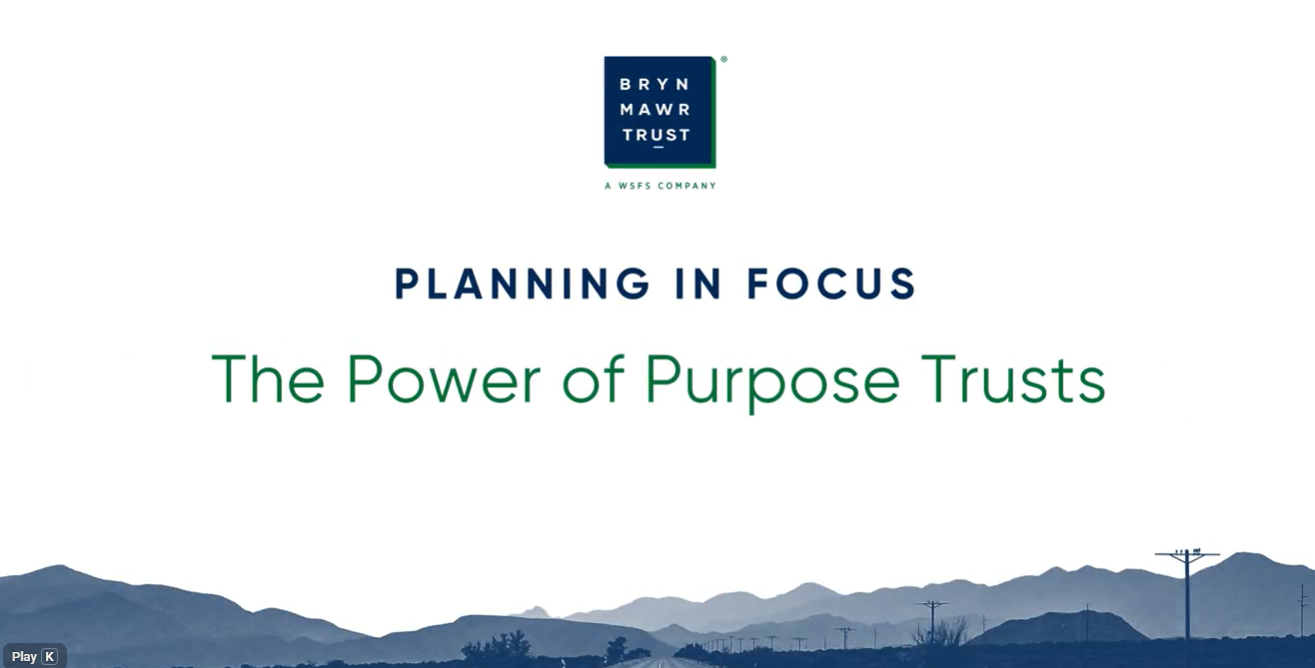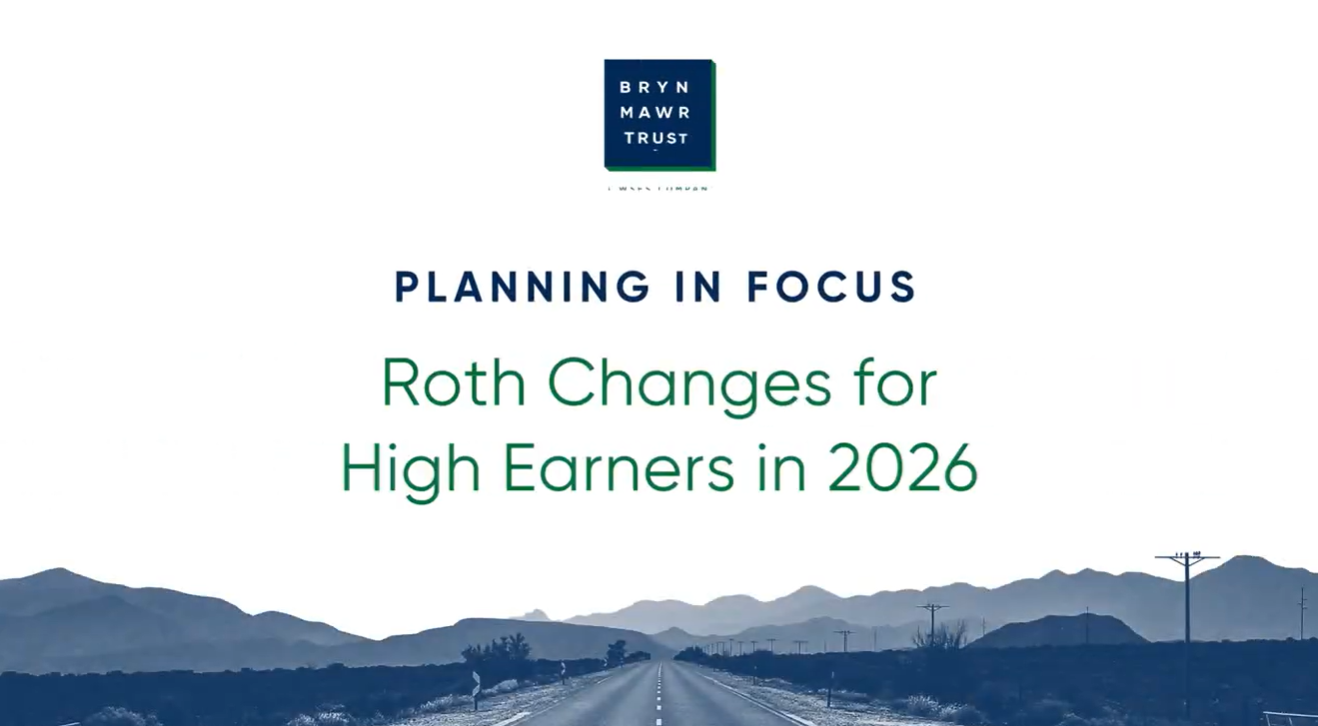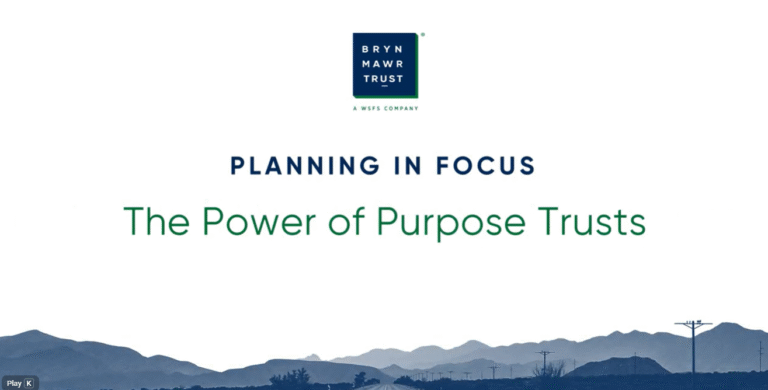Financial Planners Can Bridge the Gap

As you accumulate wealth over a lifetime, complexity follows. Early in your career, financial planning may have consisted of budgeting, cash flow, building an emergency fund, and getting proper insurance in place. You may even engage an advisor for investing, an attorney to draft wills, or a Certified Public Accountant (CPA) to do your taxes. These are all usually separate, distinct engagements but overtime, wealth and complexity can grow.
Through a deep discovery process, a good financial planner can help you evaluate options, optimize resources, and provide the highest probability of achieving long-term financial goals. Advisors not regularly engaged in planning may rely on planning teams internally. But great planners know when to engage other professional advisors for deep tax and legal expertise and work collaboratively. The right financial planner can help avoid conflicting strategies suggested by your CPA and attorney and help you make sense of all the complex, technical jargon used by professionals. These professionals collectively bring deep expertise and tools that others don’t, but collaboration is key to ensure all bases are covered, and nothing falls through the cracks.
Many times, gaps can exist in comprehensive planning when there is no collaboration. For example, if a financial advisor is looking to close the gap for disability income protection or fund qualified retirement savings, and the CPA is focused on minimizing taxable income, this could negatively impact you beyond taxes. In this instance, it could be difficult to substantiate sufficient income for an underwriter for insurance but also a mistake for the financial advisor to not consider your business, real estate assets, or tax situation when advising on investments. Most attorneys and accountants know the value of working with a good financial planner because they help reduce the risk of costly oversights like unfunded or improperly funded trusts, missed tax elections, added beneficiary designations where appropriate, and maintained records to help in the event of audits, disputes between heirs, and breaches of trust by less scrupulous folks in the financial industry.
Collaborative planning starts with someone as the quarterback of the planning team. Many times, that will be your financial advisor based on the nature of the relationship. Your advisor should bring in additional resources or specialists such as in trust administration, philanthropic planning, or business exit planning. It is important to recognize when gaps may exist in your current advisory team as it pertains to helping you accomplish your goals. Financial planners can spot issues and facilitate communication between the various parties. It is essential your advisor is governed by a fiduciary responsibility to act in your best interest.
Today, there are many tools available to you to do your own planning including artificial intelligence (AI). While valuable, they lose out on the role of an experienced, trusted advisory team. AI also struggles with the intersection of many complex planning areas like estate, tax, business, and investments. Many advisors today even leverage AI to assist with things such as investment research, reviewing tax returns or summarizing trust documents.
When dealing with complexities, the value of a team of advisors with deep expertise and experience dealing with situations like yours is critical. It is important that they can meet you where you are on your financial journey so they can help get you to where you want to go.
Begin your journey
Have questions?
Speak with an financial expert.







